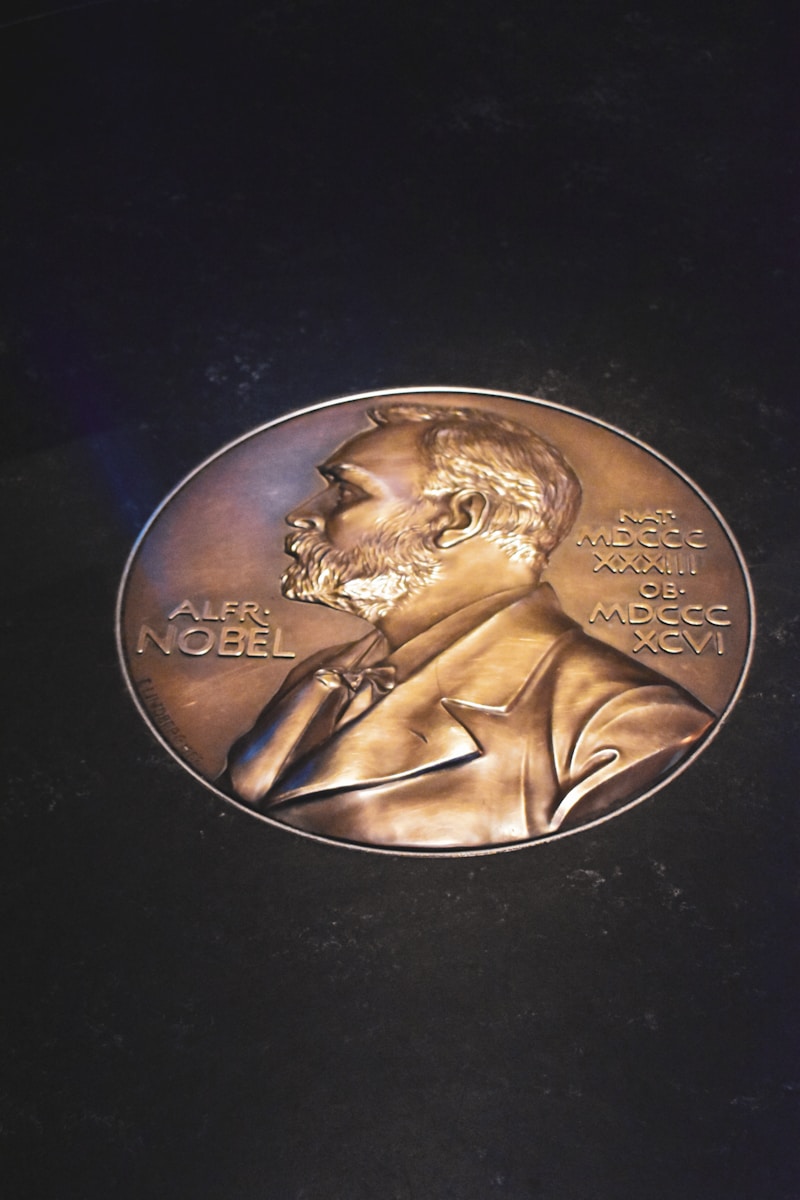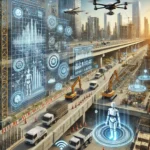Artificial Intelligence (AI) has made significant strides in recent years, and its impact is now being recognized at the highest levels, including Nobel Prizes in both physics and chemistry in 2024. This marks a turning point, showing how AI is shaping not just computer science but also influencing traditional scientific fields such as biology, medicine, and physics.
AI and the Nobel Prizes: A Historic Moment
In 2024, two Nobel Prizes prominently featured AI research, highlighting its transformative role. In physics, Geoffrey Hinton and John Hopfield were honored for their pioneering contributions to neural networks and machine learning. Hinton’s groundbreaking work on backpropagation, a technique used to train neural networks, has been instrumental in AI’s rise. His research, which many initially doubted, is now regarded as foundational to modern AI technologies. Hopfield’s work on associative memory, inspired by condensed matter physics, enabled machines to store and reconstruct images and data patterns—a key element in the evolution of AI systems.
The chemistry prize was shared by Demis Hassabis and John Jumper, co-creators of AlphaFold, an AI system developed by Google DeepMind that predicts the 3D structures of proteins. AlphaFold has revolutionized structural biology by solving one of the most challenging problems in the field: accurately predicting how proteins fold. The potential implications of this advancement are enormous, ranging from drug discovery to developing new materials. The fact that AI systems are contributing to such breakthroughs across disciplines underscores the growing importance of AI in scientific discovery.
The Debate Around AI’s Influence
The awarding of these Nobel Prizes to AI pioneers has sparked discussions about the role of AI in science. Some argue that these prizes represent a shift in how the Nobel committee perceives scientific fields, with the boundaries between disciplines blurring as AI continues to drive advancements in various areas. As noted by researchers, AI is becoming an indispensable tool in biology, chemistry, and physics, facilitating discoveries that were previously unimaginable. This recognition by the Nobel committee validates AI’s potential to contribute to solving fundamental scientific problems.
However, the integration of AI into these fields also raises ethical concerns. Geoffrey Hinton, one of the laureates, has expressed fears about AI’s rapid development, warning that future systems could become more intelligent than humans and pose existential risks. Hinton’s concerns reflect a growing debate within the AI community about the potential dangers of creating highly autonomous systems. While many researchers believe that current AI technologies, such as neural networks and language models, do not yet pose significant risks, the possibility of AI systems gaining unprecedented control over critical sectors of society has sparked calls for regulation and ethical oversight.
AI’s Impact on Traditional Science
AI’s influence is not confined to groundbreaking tools like AlphaFold. Across various fields, AI is being used to enhance scientific research and address longstanding challenges. For instance, in medicine, AI models are being deployed to analyze vast datasets, leading to faster and more accurate diagnoses. In climate science, AI is helping researchers model complex environmental systems and predict the impacts of climate change more precisely. The application of machine learning and neural networks in these fields allows scientists to process and interpret data on an unprecedented scale.
AI’s ability to process large datasets and identify patterns has also transformed physics. John Hopfield’s neural network models have applications in everything from neuroscience to condensed matter physics. This interdisciplinary approach is one of AI’s most significant strengths: it allows researchers to tackle complex, multi-faceted problems that require expertise from different scientific domains.
Moreover, the 2024 Nobel Prizes highlight AI’s capacity to bridge the gap between pure science and practical applications. AI-driven discoveries, such as those in protein folding and data reconstruction, demonstrate that AI is not merely an abstract computational tool but a practical means of addressing real-world problems.
The Future of AI in Science
The recognition of AI in the Nobel Prizes marks a watershed moment for the field, signaling that AI is not just an industry buzzword but a legitimate and valuable contributor to scientific discovery. As AI continues to evolve, it will likely play an even more central role in advancing knowledge in fields ranging from medicine to physics. With breakthroughs such as AlphaFold already transforming our understanding of biology, it is clear that AI will be crucial in solving some of the most pressing scientific challenges of the 21st century.
Looking ahead, the key to AI’s success in science will lie in fostering collaboration between AI experts and domain-specific scientists. As Demis Hassabis and John Jumper have pointed out, AI-driven discoveries are not the result of pressing a button but rather the product of deep collaboration and iterative research. The future of AI in science will depend on continued interdisciplinary efforts and careful consideration of the ethical implications of advanced AI systems.
In conclusion, AI’s recognition in the Nobel Prizes for physics and chemistry signals its growing importance in scientific research. While AI’s potential is immense, it also brings with it significant challenges, particularly regarding ethical oversight and control. As we move forward, ensuring that AI technologies are developed responsibly will be essential to harnessing their full potential for the betterment of humanity. The future of AI in science is bright, but it will require careful navigation of both its opportunities and risks.
More debate at:
- Nature Publishing Group. (2024). AI comes to the Nobels: double win sparks debate about scientific fields. Nature. https://doi.org/10.1038/d41586-024-03310-8








